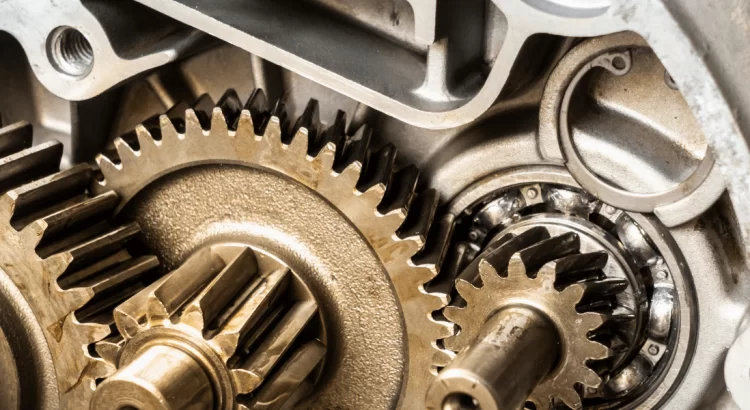Mobile:+86-311-808-126-83
Email:info@ydcastings.com
die casting products
Die Casting Products An In-Depth Overview
Die casting is a manufacturing process that involves forcing molten metal under high pressure into a mold cavity. This method is predominantly used for producing complex shapes and intricate designs with remarkable accuracy and smooth surface finishes. Die casting has become a vital process in various industries, including automotive, electronics, aerospace, and consumer goods, due to its efficiency and ability to produce high-quality components.
The Die Casting Process
The die casting process can be broadly divided into two main types hot chamber die casting and cold chamber die casting.
1. Hot Chamber Die Casting This method is typically used for alloys with a low melting point, such as zinc and magnesium. In hot chamber die casting, the molten metal is kept in a chamber that is heated continuously. A plunger then forces the molten metal into the mold. This method is quicker and allows for faster production rates, making it suitable for high-volume applications.
2. Cold Chamber Die Casting Cold chamber die casting is used for alloys with higher melting points, like aluminum and copper. In this process, molten metal is poured into a chamber that is not heated. A plunger then forces the metal into the die. This method is generally slower than the hot chamber process but is ideal for materials that cannot be kept molten in the machine.
Advantages of Die Casting
Die casting offers numerous advantages that make it a preferred manufacturing process for many industries
- Precision and Tolerance Die casting can achieve tight tolerances, often within ±0.005 inches, which is critical for parts that must fit together perfectly.
- Complex Shapes The method allows for the creation of complex geometries that would be challenging or impossible to produce with other manufacturing techniques, including intricate designs and thin walls.
- Surface Finish Die casting produces parts with a superior surface finish that often requires minimal post-processing
.- Material Efficiency The process minimizes waste, as the majority of the metal used in die casting becomes part of the final product. Scraps can also be melted down and reused.
die casting products

- Production Speed Die casting is a rapid manufacturing process, making it suitable for high-volume production runs.
Applications of Die Casting Products
The versatility of die casting makes it ideal for a wide range of applications across different industries
1. Automotive Industry Die casting is extensively used to produce components like engine blocks, transmission housings, and various structural parts. The lightweight and durable nature of die-cast aluminum parts significantly contributes to fuel efficiency and performance in vehicles.
2. Electronics In the electronics sector, die-cast housings are common for devices like computers, smartphones, and other electronic equipment. The precise fit and heat dissipation properties are key reasons for this choice.
3. Aerospace Die casting plays a crucial role in the aerospace industry, producing lightweight and durable parts essential for aircraft performance and safety. Components such as brackets, housings, and structural frames are commonly produced using this method.
4. Consumer Products Many consumer products, from kitchen appliances to LED lighting fixtures, utilize die-cast components for their reliability and aesthetic finish.
Innovations in Die Casting
Recent advancements in die casting technology have further enhanced its capabilities. The development of various metal alloys and improvements in mold design have expanded the potential applications of die casting. Automation and computer aid in design and manufacturing processes have also streamlined production, making die casting more efficient and cost-effective.
Conclusion
Die casting is undeniably a cornerstone of modern manufacturing, enabling the production of complex and high-quality components across various industries. Its precision, efficiency, and versatility make it an essential process for meeting the demands of today’s technological advancements. As innovations continue to emerge, die casting is poised to play an even more significant role in shaping the future of manufacturing. With applications spanning from automotive to electronics, the impact of die casting products will likely remain significant in the years to come.
-
Understanding Metal Casting TechniquesNewsApr.02,2025
-
Understanding Exhaust Manifolds for Enhanced Engine PerformanceNewsApr.02,2025
-
The World of Metal FabricationNewsApr.02,2025
-
Key Components for Pump and Turbo EfficiencyNewsApr.02,2025
-
Essential Tools for Automotive Maintenance and RepairNewsApr.02,2025
-
Durable Valve Components for Effective Water ManagementNewsApr.02,2025











